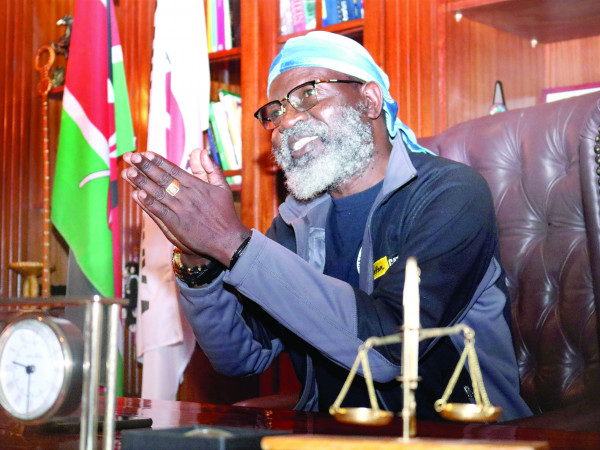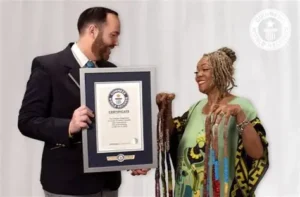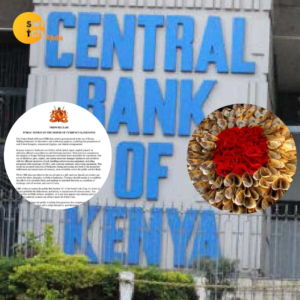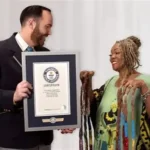Kenya Wildlife Services to issue licenses for those interested in Snake farming.
The Roots Party presidential candidate Wajackoyah and his running mate Justina Wamae took potential investors to Langata ’s Kenya Wildlife Service headquarters.
The Roots party candidate has sparked several controversies that are earning him both popularity and prominence among Kenyans as he resonates with their problems and gets around it all providing out-of-the-box solutions.
While at the Kenya Wildlife Services headquarters this Monday Wajackoyah, “Snake farming is a multibillion business venture whose potential is yet to be explored. Today we have spent a whole day here on a snake policy. The KWS has the policy on snake farming.”
In the company of potential farmers of snake farming Afrosayari Recreational Park Board and Director for Marketing John Muranda and the chair James Gitundu.
KWS is now mandated to offer licenses to those interested in snake farming, as they also stated that the license form is now available and downloadable on the KWS website.
Gitundu seeking the license for a second time after earlier denial will be the first member of the Roots party in Kenya to be a snake farmer.
Wajackoyah took this moment to criticize the churches taking a stand against his manifesto.
“The churches have been having scandals. Some bishops have been found in uncompromising positions. They have not even read our manifesto,”
Tell those men of God that it is time for them also to realize that Kenya does not belong to them and that some of us have grown into Christianity. The young people will rebel against them.”
Further reminding the churches that they need to be at the frontline of fighting the ills in society as well as securing jobs for the unemployed instead of promoting corrupt practices and praising corrupt leaders.
Gitundu let the cat out of the bag about snake farming, “we are going to invest Sh 100 million and put up a snake park. We will be teaching those coming into the park about snake farming, as well as offering jobs to experts such as snake handlers as they prepare the ground for antivenom farming. A gram of snake venom goes for $120.”
In 2020, Tourism CS Najib Balala revealed Kenya could soon start manufacturing its anti-venom drug if the government legalizes the operations of a Kilifi County-based snake farm researching the drug.
Following a sought partnership with Bio Ken Snake Farm in Watamu because of endorsing conservation group to extract venom from the reptiles and developing it into an antidote for snake bites.
CS said snakes account for 80 per cent of all cases of human-wildlife conflicts in Kenya. In 2020, compensation for snake bites was stopped. This was after claims for snake bites stood at Sh5 billion.
About the Author
Kwabe Victor
Contributor
Multimedia Journalist. Aspiring documentary/Investigative journalist, currently immersed in writing Political, Business and Human Interest Stories. Speak Life.
















